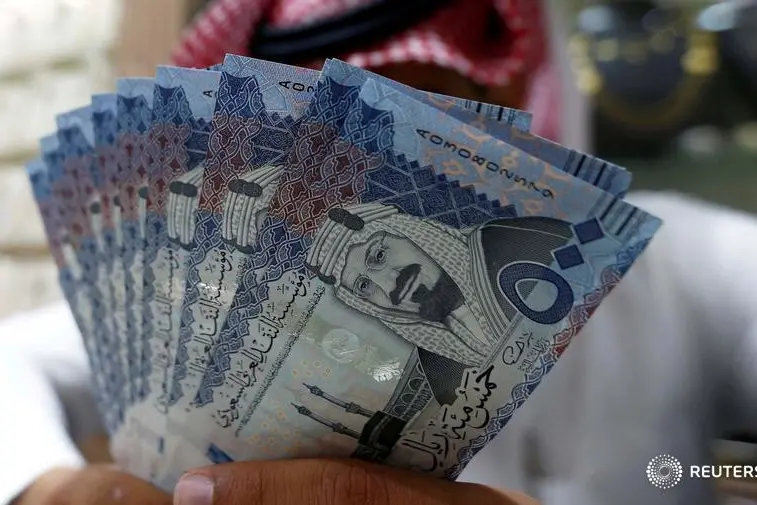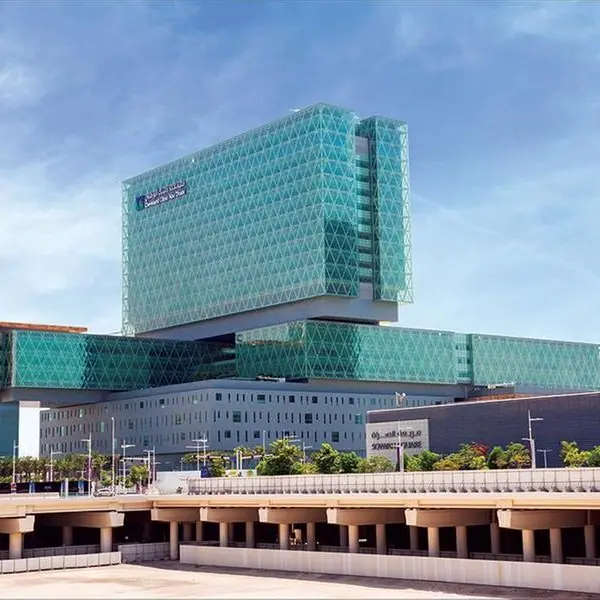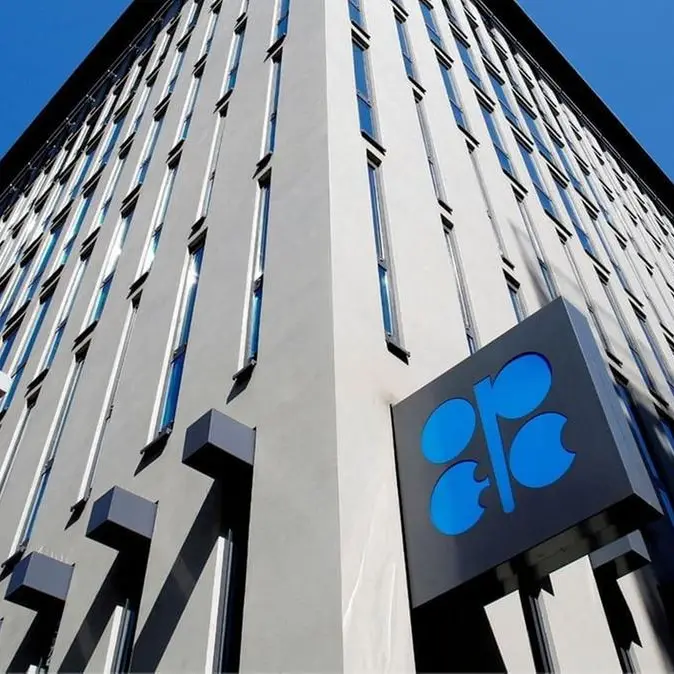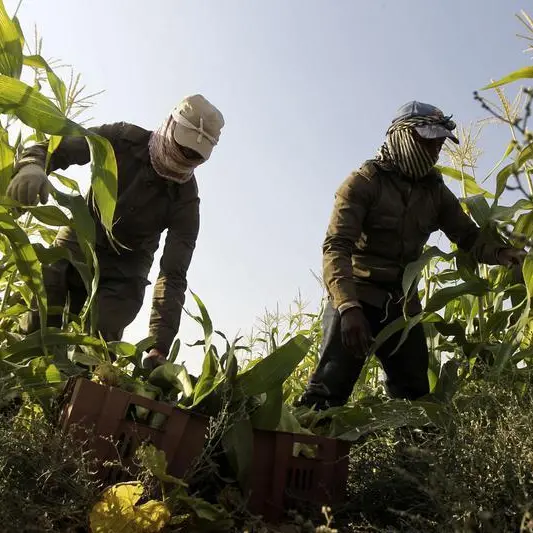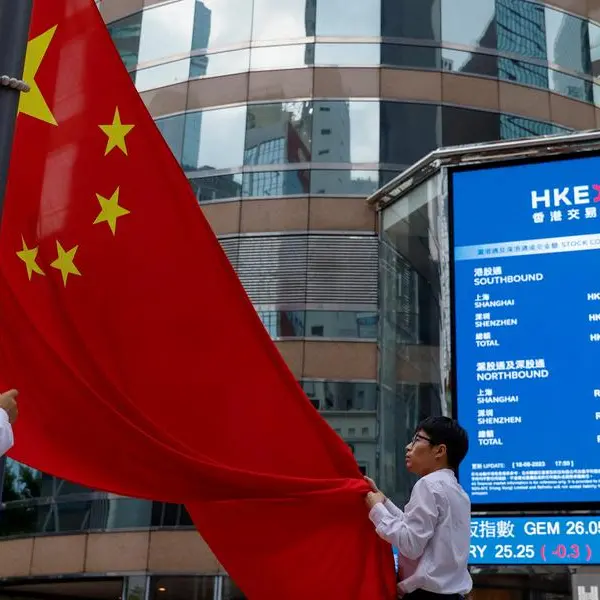PHOTO
Saudi Arabia's sovereign wealth fund is set to raise $3.5 billion in a debut sale of Islamic bonds that drew strong demand, in the first major test for Middle Eastern markets since the latest Israel-Hamas conflict.
The Saudi Public Investment Fund (PIF) on Wednesday launched $2.25 billion in five-year Islamic bonds, or sukuk, at 120 basis points (bps) over U.S. Treasuries and $1.25 billion in 10-year sukuk at 140 bps over Treasuries, a bank document on the deal showed.
The five-year tranche drew more than $14 billion in demand and the 10-year tranche over $10 billion in orders, both excluding interest from lead banks, the document showed.
The PIF had began marketing the sukuk at initial price guidance of 150 bps over Treasuries for the five-year tranche and 170 bps over for the 10-year, an earlier banking document showed.
One fixed income analyst who declined to be named said the bonds looked "pretty attractive from an investor's point of view," with the PIF looking at higher costs than might otherwise be the case due to the geopolitical backdrop.
"Saudi government five-year sukuk are trading around 5.56%, so the PIF five-year sukuk are a whopping 50 basis points above the sovereign. It is in line with PIF conventional bonds despite sukuk historically printing at lower yields," the analyst said.
The sale is seen as a key test of investor appetite for Middle Eastern bonds after the Oct. 7 attack on Israel by Hamas and subsequent bombardment of Gaza by Israel.
Saudi sovereign spreads - or the premium investors demand to hold its bonds rather than those of the United States - have widened by around 15 basis points so far this month.
Major investment banks such as JPMorgan and Morgan Stanley have downgraded their view on the broader region due to the still-escalating conflict.
The PIF is the chosen vehicle of Saudi Crown Prince Mohammed bin Salman, the kingdom's de facto ruler, to drive an economic agenda aimed at cutting reliance on oil.
The issuance is PIF's second international debt sale this year after it raised $5.5 billion from green bonds in February.
Torbjorn Soltvedt, principal analyst for the Middle East and North Africa at Maplecroft, said investors were having to balance the geopolitical risk with rising oil prices, which boost the Saudi economy.
"There is no clear signal that there'll be any sort of less appetite ... but it will be an important one to keep an eye on as a bellwether for whether what we have seen in terms of the impact in bond markets in North Africa, whether that could have spread more strongly to the rest of the region, including the Gulf," Soltvedt said, referring to a rise in North African bond yields.
Oil prices spiked after the Hamas attack, and rose by $3 early on Wednesday as markets factored in more risk following a blast that killed hundreds of Palestinians at a Gaza City hospital late on Tuesday.
Members of the Organisation of Islamic Cooperation (OIC) are holding an urgent meeting in the Saudi city of Jeddah to discuss the escalating conflict.
While Iran's foreign minister called on OIC members to impose an oil embargo and other sanctions on Israel, sources from the Organization of the Petroleum Exporting Countries (OPEC) told Reuters that no immediate action or emergency meetings were planned.
(Reporting by Hadeel Al Sayegh and Yousef Saba in Dubai, Mohammad Edrees in Bangalore; additional reporting by Libby George in London; Editing by Christina Fincher, Louise Heavens and Mark Potter)
